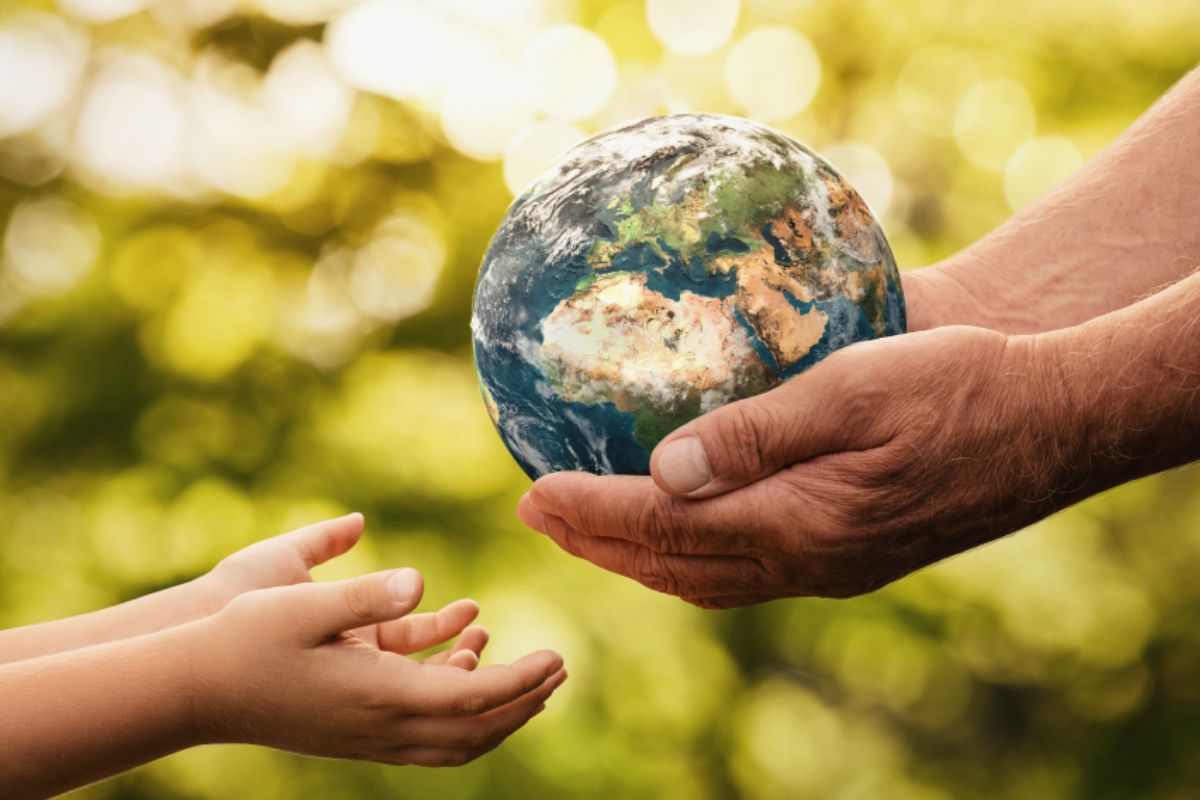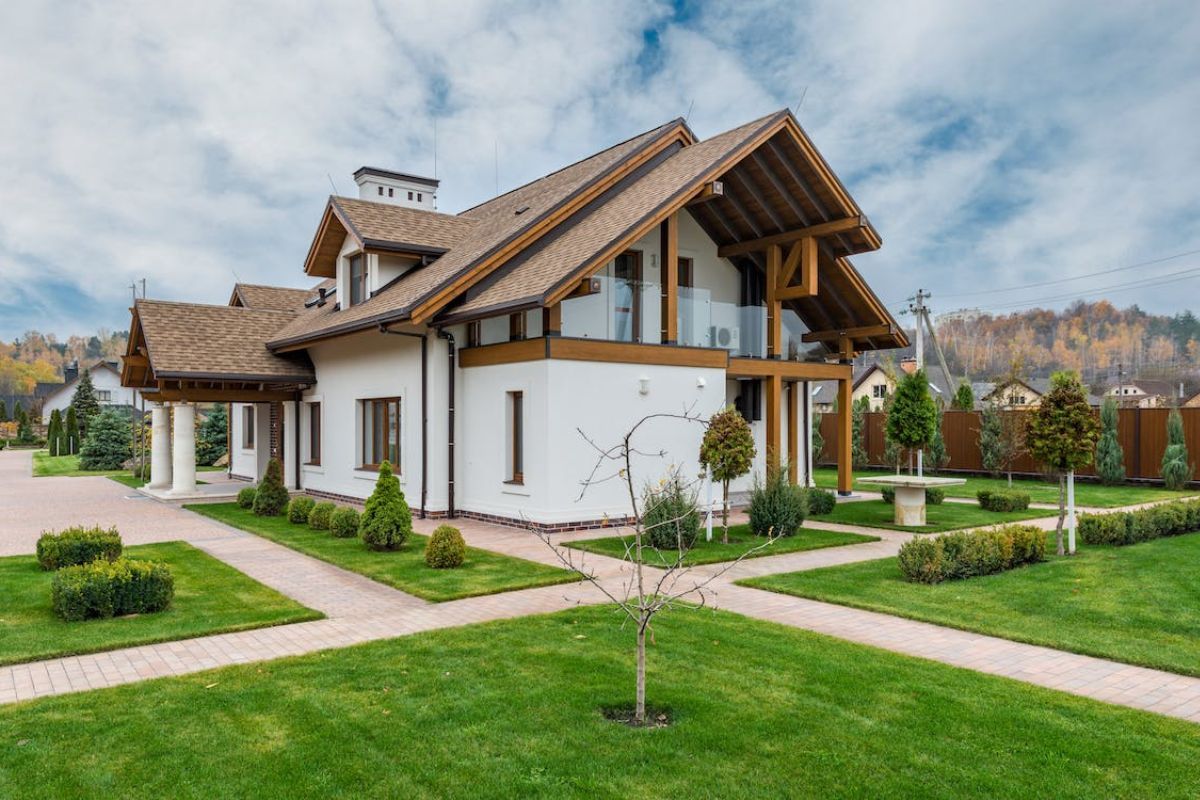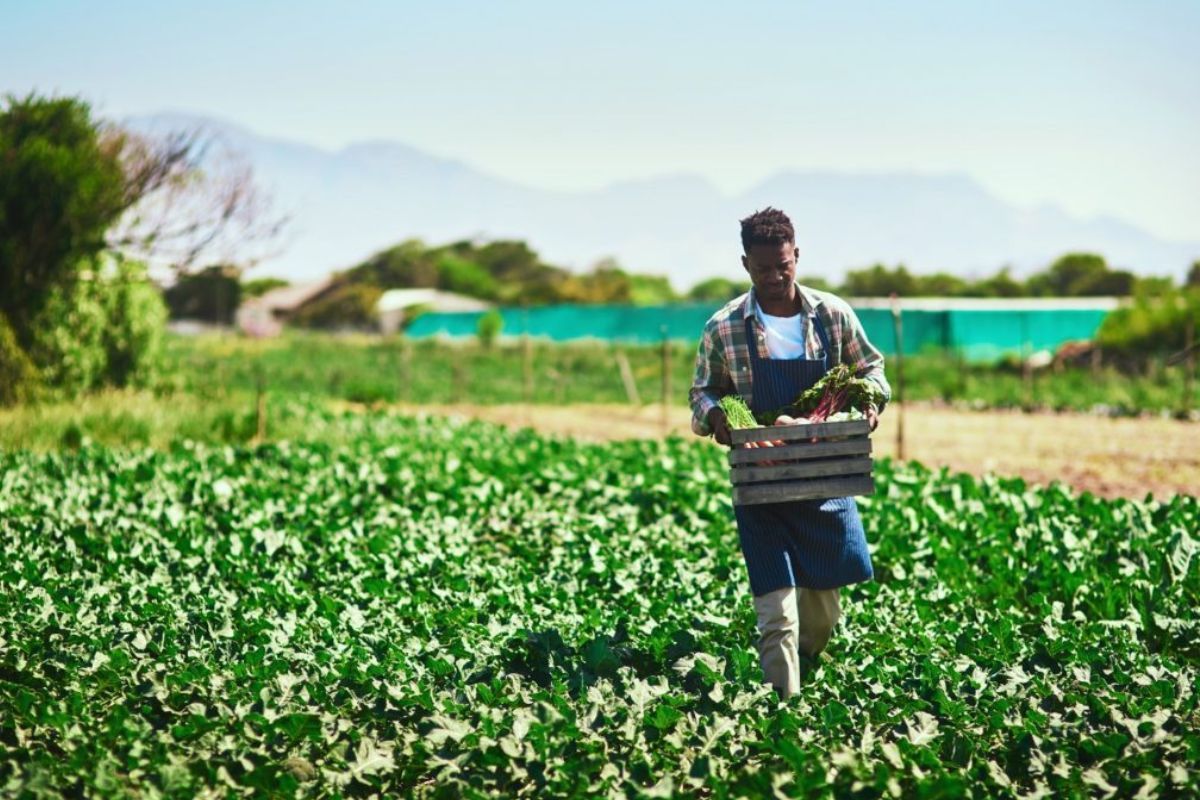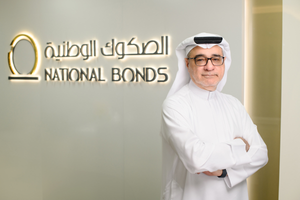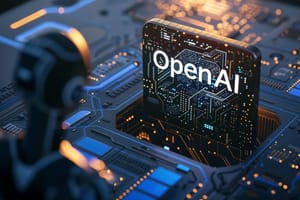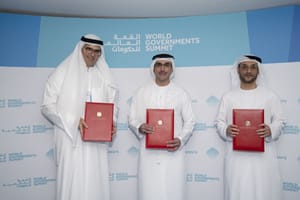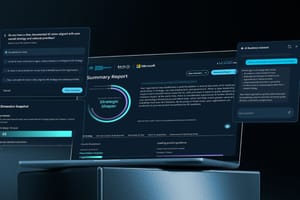The climate clock is ticking and the need to address climate change grows has become more urgent than ever. Sustainable policies play a crucial role in addressing climate change, and while countries race to take corrective actions through sustainable initiatives, Dubai is leading the race. Over the past few years, Dubai has taken extensive efforts to drive sustainability forward with reducing carbon emissions, increasing the use of clean energy, and sustainable waste management, being among the initiatives.
Paris Agreement and Sustainable Development Goals
The UAE has made substantial efforts in recent years to drive sustainability forward within the country, guided by frameworks such as the UAE Vision 2021, Dubai 2040 Urban Master Plan, UAE Green Agenda 2015-2030, the Paris Agreement, and the UN Sustainable Development Goals (SDGs).
During the Abu Dhabi Sustainable Finance Forum in January 2021, the director general of GGGI emphasized the crucial role of sustainability in the post-Covid-19 recovery, highlighting the increased need for employment and the employment opportunities generated by green investments compared to conventional ones.
Under the visionary UAE Vision 2021, launched by His Highness Sheikh Mohammed bin Rashid Al Maktoum, sustainable development is a key priority across sectors.
The Green Bond Principles (GBP) provide voluntary guidelines that promote transparency, disclosure, and integrity in the development of the Green Bond market, ensuring that funds raised are directed toward sustainable projects. These principles offer issuers affordable funding while allowing investors to contribute to sustainable initiatives.
In a notable move, First Abu Dhabi Bank (FAB) has selected nine UAE-based projects for Green Bond allocation as of March 2020, demonstrating a commitment to green financing and supporting sustainable ventures. The UAE's commitment to sustainability is evident through its comprehensive national plans, alignment with international agreements, and active promotion of green finance to support sustainable development projects
UAE Sustainability Agenda

The UAE has made significant commitments to achieving the Sustainable Development Goals (SDGs) set by the United Nations. The UAE has aligned its national priorities and development plans with the SDGs to ensure a sustainable and prosperous future. Set in 2015 by the United Nations General Assembly, is intended to be achieved by 2030, as a part of a UN Resolution called the “2030 Agenda.” By compartmentalising the 17 areas on which they focus sustainability developments, they create initiatives for the betterment of the country.
The seventeen Sustainable Development Goals or SDGs, and some initiatives by the UAE targeting the specific goal are as follows:
1.No Poverty
2. Zero Hunger
3. Good health and Well Being
4. Quality Education
5. Gender Equality
6. Clean Water and Sanitation
7. Affordable Clean Energy
8. Decent Work and Economic Growth
9. Industry Innovation and Infrastructure
10. Reduced Inequalities
11. Sustainable Cities and Communities
12. Responsible Consumption and Production
13. Climate Action
14. Life Below Water
15. Life on Land
16. Peace Justice and Strong Institutions
17. Partnership for the Goals
Dubai Clean Energy Strategy 2050

Dubai's Clean Energy Strategy sets a clear vision for the city's future. By 2050, Dubai aims to generate 75% of its energy needs from clean sources and become a global hub for clean energy and the green economy. The strategy is built on five key pillars: infrastructure development, legislative support, financial investments, capacity building, and fostering an environmentally friendly energy mix.
A significant milestone in this endeavour was the launch of the Dubai Clean Energy Strategy by Sheikh Mohammed in November 2015. The strategy encompasses various initiatives, with the infrastructure pillar highlighted by the iconic Mohammed Bin Rashid Al Maktoum Solar Park. This solar park, one of the world's largest, aims to generate 5,000 MW of solar energy by 2030, making it a significant contributor to the clean energy goals. With a total investment of AED 50 billion, the solar park demonstrates Dubai's commitment to sustainable energy production.
Through these comprehensive efforts, Dubai is positioning itself as a leader in clean energy, fostering a sustainable future, and contributing to global climate goals. The strategy's holistic approach addresses not only energy production but also legislative frameworks, financial support, and the development of skills and knowledge in the clean energy sector.
Dubai Green Mobility Initiative

As part of its efforts to become a green city, Dubai is actively working to transform its transportation sector. The city is implementing various initiatives that focus on promoting the use of public transportation networks while encouraging alternative modes of transportation such as cycling and walking.
Saeed Mohammed Al Tayer, Vice Chairman of the Supreme Council of Energy and Managing Director and CEO of Dubai Electricity and Water Authority, Dewa, says:
“This supports the vision of His Highness Sheikh Mohammed Bin Rashid Al Maktoum, Vice President and Prime Minister of the UAE and Ruler of Dubai, and the UAE National Agenda leading to the UAE Vision 2021 to create a sustainable environment for air quality, conserve water resources, increase clean energy and green development, and the objectives of the Dubai Plan 2021,”
In 2021, DEWA launched the Electric Vehicle Green Charger in order to promote a shift to electric and hybrid cars, which emit fewer greenhouse gases ad air pollutants, and has a smaller carbon footprint compared to petrol or diesel cars. The initiative aims to establish more electric car charging stations across Dubai. Starting with 100 EV Green Chargers at the launch of the initiative, DEWA has expanded to number to over 350 stations, with over 500 charging ports across Dubai.
Al Tayer added:
“This makes Dubai a smart, sustainable and innovative city in managing its resources, improving its quality of life, and consolidating its position as a global model for a green economy.”
Dubai Sustainable City

The Sustainable City, developed by Diamond Developers, is a groundbreaking project located in DubaiLand on Al Qudra Road. It is the first Net Zero Energy city in Dubai, encompassing more than 500 villas and apartments. Spanning 46 hectares, the city incorporates innovative features that minimize its environmental impact and promote a greener lifestyle. Solar power plays a crucial role, with rooftop solar panels generating clean and renewable electricity. Energy-efficient systems and technologies are seamlessly integrated into the infrastructure to optimize energy consumption. To encourage sustainable transportation, dedicated lanes and charging stations are provided for cycling, walking, and electric vehicles. Waste reduction and recycling are prioritized, utilizing advanced waste management systems to minimize landfill waste. The city's abundant green spaces, including parks and gardens, not only enhance its visual appeal but also foster biodiversity by providing habitats for diverse flora and fauna. Environmental education and awareness are actively promoted through various programs and events. By showcasing sustainable practices, the Dubai Sustainable City sets a global precedent and inspires similar initiatives. The project aligns with the UAE's Energy Strategy 2050, which aims to generate 50% of the country's energy from clean and renewable sources by 2050.
Dubai Zero Waste Project

According to Dubai Carbon, each person in Dubai generates an average of 5.4 kg of waste, consumes over 1.5 million plastic bags, and has the highest per capita consumption of plastic water bottles globally. In response to this, the Dubai Municipality has taken on the goal of achieving zero waste sent to landfills within the next two decades.
To address the challenge of solid waste management and promote sustainability, the Dubai Municipality has announced the construction of the Dubai Waste Management Centre (DWMC). This project, recognized as the world's largest waste-to-energy initiative, aims to not only manage solid waste efficiently but also generate clean energy simultaneously.
The first phase of this highly efficient energy project is projected to be completed by 2023, with the full project expected to be finalized by 2024. By reducing solid waste and utilizing it as a source of clean energy, the DWMC aligns with Dubai's commitment to sustainability and environmental responsibility. This initiative is a significant step towards implementing a sustainable waste management model and supporting the city's proactive endeavours in creating a greener future in terms of energy and climate change.
Once operational, the DWMC will generate 215MWh of renewable energy through waste treatment, contributing to the local electricity grid. Dubai Municipality's integrated 20-year strategic plan for solid waste management further emphasizes its dedication to creating a sustainable environment that prioritizes the well-being of the emirate's residents.
Dubai Green Building Regulations
Under the initiative of His Highness Sheikh Mohammad Bin Rashid Al Maktoum, the Dubai Municipality promoted a set of guidelines and standards encouraging sustainable construction practices and creating a greener and more sustainable built environment hence energy efficiency in buildings.
Dubai Carbon Abatement Strategy

The Dubai Carbon Abatement Strategy 2030, aligning with the UAE Net Zero Goal 2050, seeks to cut carbon emissions by 30 per cent by the end of 2050.
Saeed Mohammed Al Tayer, vice-chairman of the DSCE commented:
“The council has started evaluating carbon emissions for the next 10 years, in collaboration with the relevant organisations in Dubai to come up with the required measures to reduce emissions. A roadmap will then define the way to achieve carbon neutrality by 2050.”
The pathway to reducing emissions began by analysing the energy used during electricity and water production, industries, waste management, and land transport. The strategy recognizes the importance of carbon offsetting and carbon capture technologies to achieve carbon neutrality. It supports the development and implementation of projects that remove or offset carbon emissions, such as reforestation and carbon sequestration initiatives. Additionally, Dubai has implemented various measures to boost recycling rates, promote the adoption of waste-to-energy technologies, and minimize the reliance on landfills.
Mohammed bin Rashid Al Maktoum Solar Park

The Mohammed bin Rashid Al Maktoum Solar Park holds the distinction of being the world's largest solar park located on a single site, operating under the Independent Power Producer (IPP) model. Once completed, it is projected to annually save more than 6.5 million tons of carbon emissions.
This ground-breaking project is not only the largest in the region's solar power sector but also the first of its kind. The initial phase of the third stage, with a capacity of 200 megawatts (MW), commenced operations on May 1, 2018. The solar park will utilize 70,000 heliostats and boast the world's longest thermal storage capacity of 15 hours, ensuring continuous energy availability. By adopting the IPP model, the Dubai Electricity and Water Authority (DEWA) achieved yet another global milestone by securing the lowest bid of USD 1.6953 cents per kilowatt hour (kW/h) for this phase through a partnership with a consortium led by ACWA Power and Gulf Investment Corporation.
The solar park plays a crucial role in diversifying the energy mix, reducing dependence on fossil fuels, and advancing the city's sustainable development goals by generating clean electricity. It has also garnered international partnerships, further enhancing its global significance and fostering collaboration in the renewable energy sector.
Dubai Circular Economy Strategy

A circular economy is an economic framework that prioritizes the reduction of natural resource extraction, the minimization of waste, and the regeneration of natural systems. Within this system, the goal is to extend the value and lifespan of raw materials, components, and products, while also relying on renewable energy sources.
Sheikha Shamma bint Sultan bin Khalifa Al Nahyan, President and CEO of the UAE Independent Climate Change Accelerators (UICCA) says:
“To understand how the circular economy works, we must also realise how essential it is to integrate its principles into various aspects of the economic value chain. In order to achieve our collective goal of reaching net zero emissions, we need to preserve limited resources, such as natural materials and precious metals, and the global circular trade system, not just production and consumption. We must also commit to accurate assessment, research analysis, and redesigning our current systems worldwide to ensure a comprehensive and smooth transition from the traditional linear economy model to the circular one.”
Read Also:
